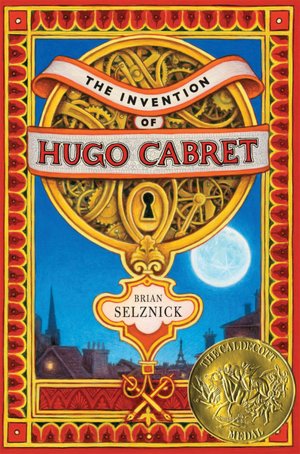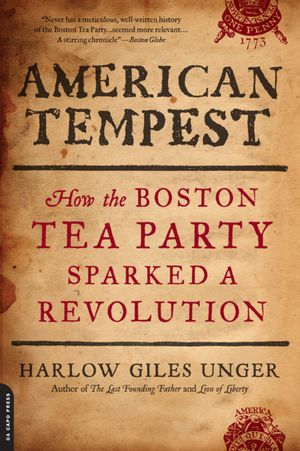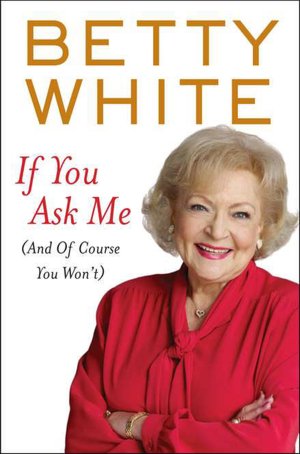Ballantine Books, ISBN 9780345530745, October 2012
Thomas Pitt's Special Branch boss, Victor Narraway, wasn't always the head of Special Branch. Long ago and far away, he was a twenty-year-old British Army lieutenant in India during the Mutiny. As the youngest officer, and new to the unit he's now in, Lt. Narraway gets assigned a fairly nasty task: defending an Army medic charged with a horrible murder.
The medic was well-liked, but so was the guard who was killed. And this killing took place as part of the escape of a prisoner, who after escaping also slaughtered an Army patrol. Also, there's no evidence against the medic except that everyone else's location is positively accounted for at the time of the murder. He's the only one who could have done it.
It's an altogether nasty situation, and Lt. Narraway knows he's expected to not make too much trouble as the defense, and let the situation be resolved with no more pain than is absolutely unavoidable.
But it bothers him that there is no actual evidence against his client, and that his client is very, very convincing when he says he didn't do it. With less than two days to work with, Narraway starts investigating.
It's a clever mystery with an unexpected but convincing resolution.
Recommended.
I received a free electronic galley of this book from the publisher via NetGalley.
Thomas Pitt's Special Branch boss, Victor Narraway, wasn't always the head of Special Branch. Long ago and far away, he was a twenty-year-old British Army lieutenant in India during the Mutiny. As the youngest officer, and new to the unit he's now in, Lt. Narraway gets assigned a fairly nasty task: defending an Army medic charged with a horrible murder.
The medic was well-liked, but so was the guard who was killed. And this killing took place as part of the escape of a prisoner, who after escaping also slaughtered an Army patrol. Also, there's no evidence against the medic except that everyone else's location is positively accounted for at the time of the murder. He's the only one who could have done it.
It's an altogether nasty situation, and Lt. Narraway knows he's expected to not make too much trouble as the defense, and let the situation be resolved with no more pain than is absolutely unavoidable.
But it bothers him that there is no actual evidence against his client, and that his client is very, very convincing when he says he didn't do it. With less than two days to work with, Narraway starts investigating.
It's a clever mystery with an unexpected but convincing resolution.
Recommended.
I received a free electronic galley of this book from the publisher via NetGalley.































